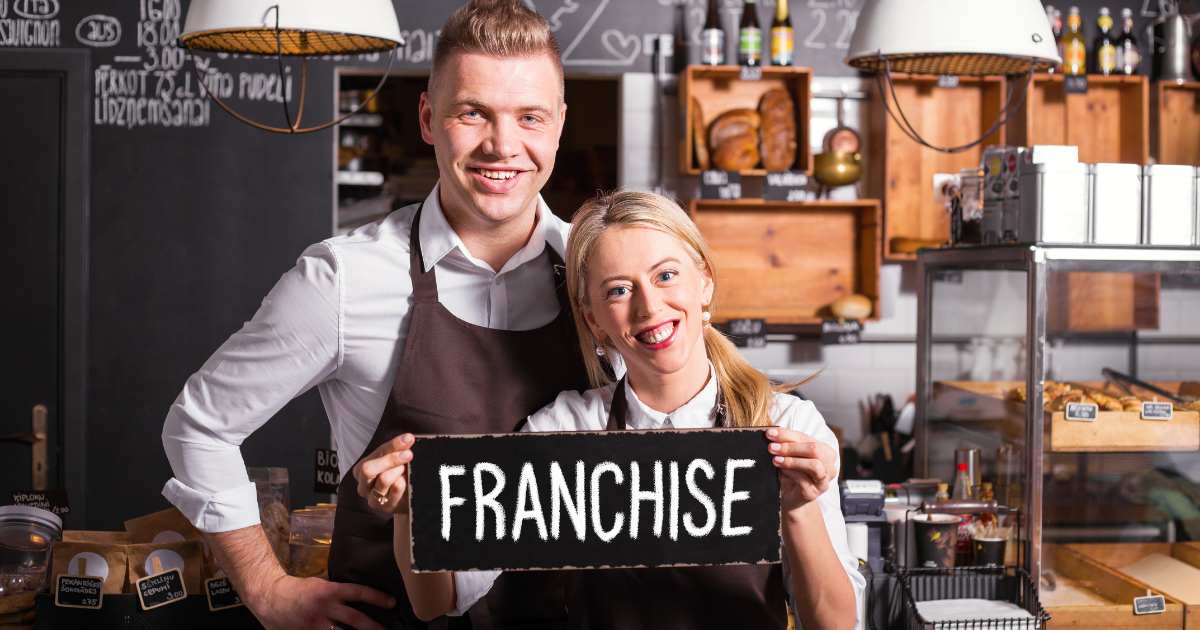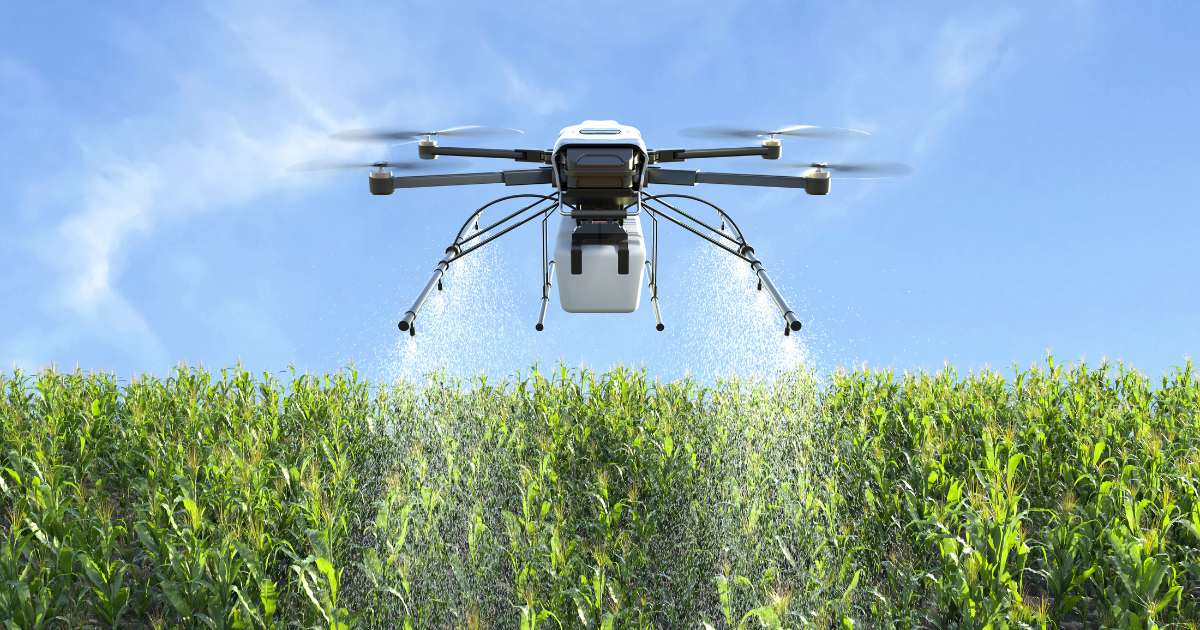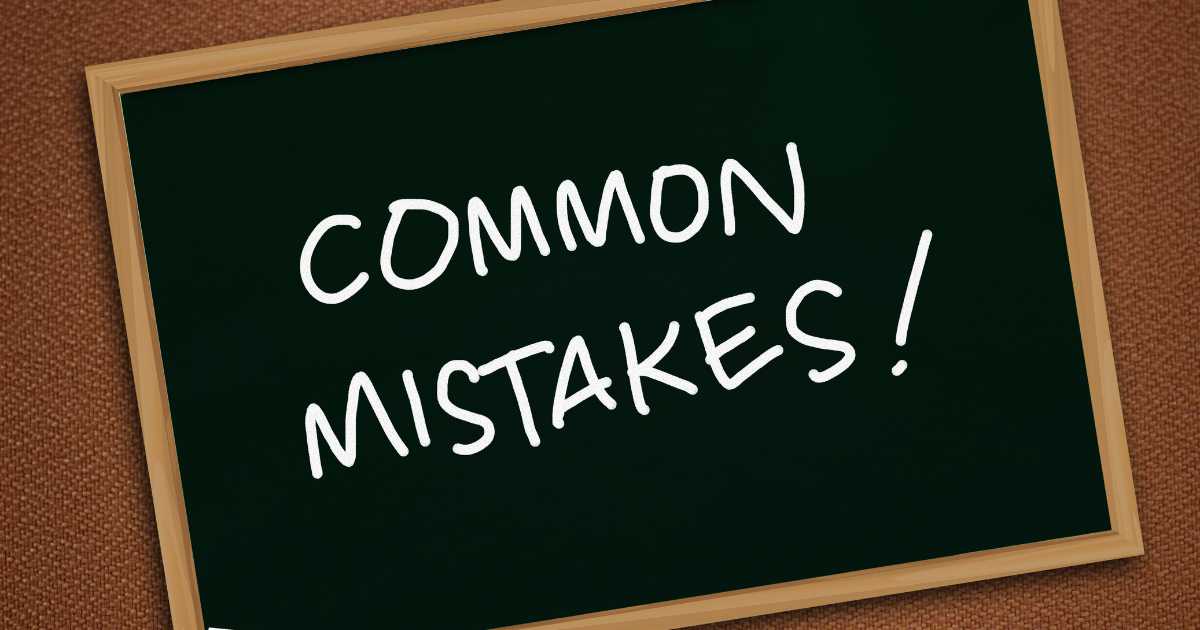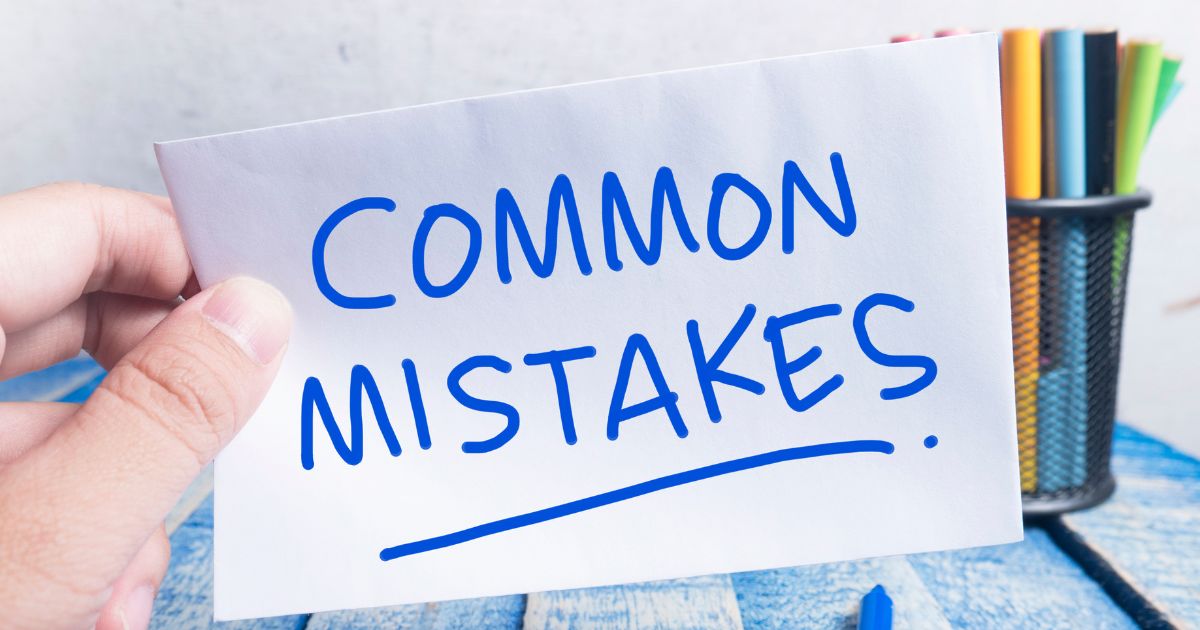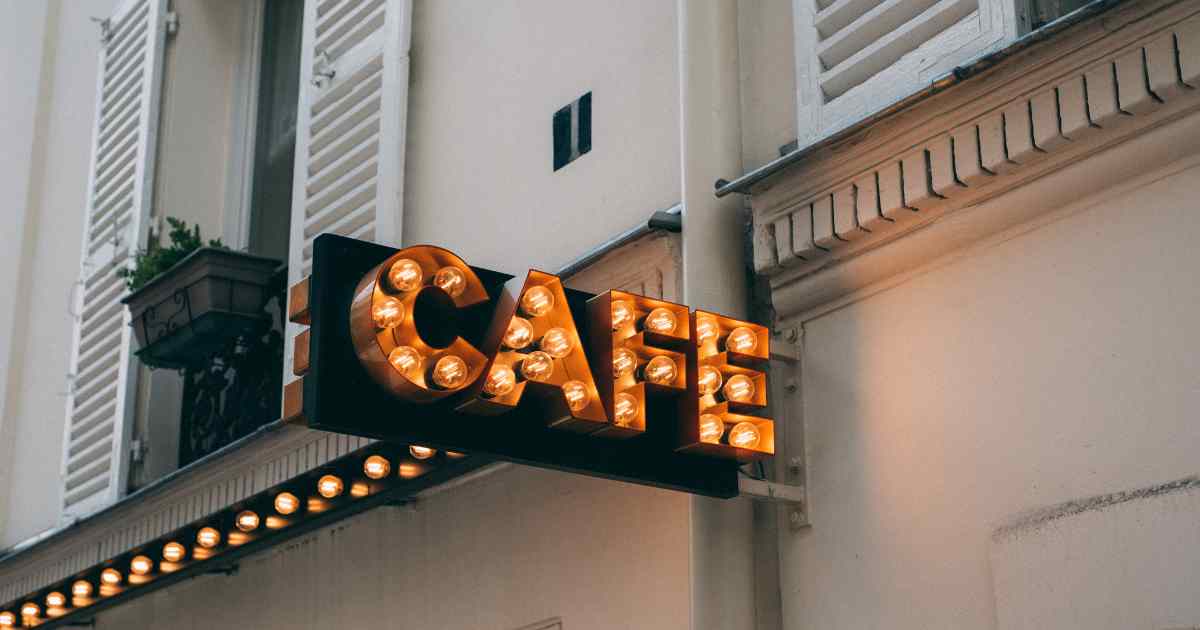
You are living in South Africa and not France, but you passionately want to open a café. A welcoming café with warm drinks (plus iced coffee) and great food will always be a hit with potential customers. You can achieve your dream of providing a Parisian-inspired experience to your customers by learning how to start your own café.
A café is a type of restaurant that typically serves light meals and beverages such as tea and coffee. In today’s world, café’s also serve alcoholic beverages such as wine and cocktails. In some places, coffee shops are also considered as cafés and vice versa.
If you’re looking to start your own café, you need to do a few things such as market research, registering and figuring out your café name.
In this article, we look at how to start a café, what you will need and where to get funding for it.
Step 1: Research
Market research is extremely important especially when it comes to food-based businesses. This is because there are probably a lot of similar cafes in your street, town, city etc. You also need to check out the little details like what sort of light meals people like, what beverages they like and if you will need a delivery option too.
Another thing you will need to research is your competition. There are over 3000 cafes/coffee shops in South Africa, so you will need to ensure your café stands out.
You can do this by offering international treats such as French profiteroles, Madeleine and Mille Feuille. You can also offer beverages such as Italian Affogato, Café Cubano and Irish Coffee. Obviously, you will still want to serve popular meals and beverages that people know and love.
The next part of your research should be your set-up costs. When you are calculating your set-up costs, you need to take into consideration factors such as:
- Location and building costs (and rent).
- Inventory costs (cups, saucers, takeaway containers, coffee, tea, food ingredients etc).
- Employee recruitment and wages.
- Marketing costs.
- Cash flow.
- Electricity and water.
- Internet connection.
- Technology costs.
- Shop signage.
These are just some of the basic costs you will have to outline before you can start your shop. Once that is done, you will look at the practical tasks of your business.
Step 2: Business Registration
As we all know, in South Africa everyone has to register their business as part of compliance with laws and regulations. You can register your business with the Companies and Intellectual Property Commission (CIPC).
To register your business with the CIPC, you will need the following documents:
- A copy of your ID.
- The name of your business.
- Business income tax number (you will receive this from the South African Revenue Services (SARS).
- You will also need to provide a name for your business.
You will apply for business registration by completing the CoR 14.1 form.
Step 4: Licences and Permits
Under the Business Act, all businesses that sell or supply foodstuffs (on or off business premises), need to hold a business licence. As a food business, you will also have to possess a certificate ofacceptability.
Vital Permits and Licences
Health and safety permits – The Health Act outlines the regulations that govern general hygiene requirements for food premises and the transport of foods. The Act states that any person who handles food or permits food to be handled like your café, needs to posses a certificate of acceptability.
Liquor license – If you plan on offering alcohol in your café, you will need a liquor licence. You can apply for your liquor licence from your provincial government office.
Music and sound permits – You will probably want to play music or sounds in your café, and for that you need permits. You will need to obtain a licence from The Southern African Music Rights Organisation (SAMRO) for and a licence from the The South African Music Performance Rights Association (SAMPRA).
Note: A SAMRO licence covers the actual song (composition and lyrics) and SAMPRA covers the copyright of the in the recorded version of the song.
Once you have gotten all your permits, licences and business registration, you can begin to start the set up of your café!
Step 5: Financing Your Café
Now that you have your set up costs properly outlined, you should know how much money you will need for everything. If you are one of those lucky people who have enough money to finance everything then go ahead! However, if you need financial assistance, you need to apply for start up loans.
Where To Get Funding For Your Café
Swoop – Swoop as an asset finance option that you can apply for. Asset financing can help you pay for equipment.
SEFA – The Small Enterprise Finance Agency (SEFA) has many funding options aimed at start-ups. The government agency has blended financing options in the form of grants and loans.
SEDA – The Small Enterprise Development Agency (SEDA) is a funding platform which offers support to micro and small businesses. The organisation offers grants, loans and business support.
Venture capital firms – There are a large number of venture capital firms in South Africa which offer funding to start-ups.
Traditional banks – Many traditional banks offer term loans for start-up businesses. In other cases, banks will offer you a credit line (or credit card) to help you fund your business.
Once you have identified which funding platform is best for you, you can begin applying and get the funding you need to get your café off the ground.
Get your coffee cups in a row, apply for funding and start your café as soon as possible! For more information on how to start your own café or coffee shop, visit the SME South Africa website.
If you need actionable business mentorship, visit SME Advice to book an appointment with one of our experts.





